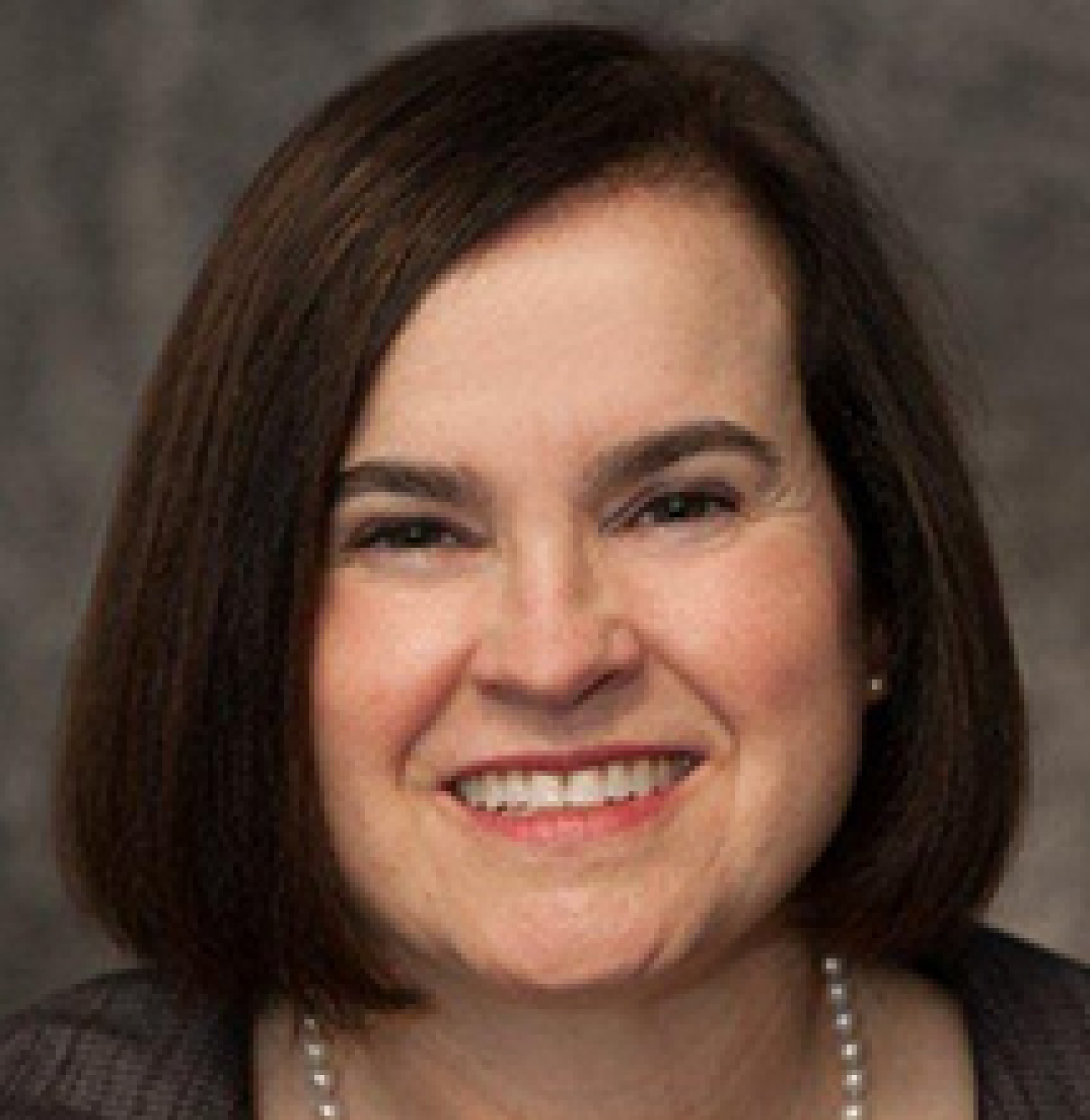Q&A with Mary Sullivan Smith on supporting nurse residents as they transition to practice

Mary Sullivan Smith, D.N.P., R.N.
Residencies for new nurses, while not universal, offer a specialized opportunity to transition more readily from educational experience to the day-to-day work of patient care. Patient Safety Beat spoke with Mary Sullivan Smith, D.N.P., R.N., NEA-BC, about New England Baptist Hospital’s Transition to Practice Nurse Residency program, the hospital’s nurse residency program. Smith serves as New England Baptist’s Senior Vice President, Chief Operating Officer and Chief Nursing Officer.
Patient Safety Beat: Can you give us a little background on the nurse residency program at the hospital?
Mary Sullivan Smith: Nurses who come to New England Baptist Hospital with less than one year of experience join our 12-month residency program. It includes didactic and simulated learning combined with hands-on training in the clinical practice environment.
I’m very proud that our program, since 2020, has been certified by the American Nurses Credentialing Center’s Practice Transition Accreditation Program.
We aim to provide the best practice environment possible for professional nurses. In addition to clinical training, the program seeks to create a strong social network for new nurses and to foster community, support and resilience. They have a built-in peer group, which is very important for sustaining engagement in the new environment.
Each month, nurse residents come together as a group to share experiences and discuss their discoveries and successes, as well as what kinds of things are confounding them. That meeting is facilitated by our residency coordinator, who is also a young nurse. We find that residents easily connect with her, which helps create a feeling of safe haven, where people come together to share and learn.
Unlike physicians, who have long had internships and residencies, most nurses have foundational knowledge but very little clinical practice. That was exacerbated during the pandemic, and nurse residency programs are a proven way to fill that gap.
Patient Safety Beat: How is patient safety incorporated in your nurse residency program?
Mary Sullivan Smith: Patient safety is the most important aspect of all the work we do in the residency program and beyond. Providing safe care of the highest quality is the only reason any of us do this work.
Our educational programming is focused on creating a safe patient environment, which means knowing your patient, talking to your patient and ensuring that your assessment skills are keenly developed. Patient education is also important for safety. Ensuring that post-operative patients understand and participate in elements of their care is a particular concern following orthopedic surgery — how we plan to handle their ambulation, what they need to know about avoiding blood clots, and so on.
From a patient safety perspective, having consistent, dedicated team members is essential and helps create a stable foundation for safe care.
And when errors do occur, the staff comes together to learn from them and figure out what systems we need to put in place to prevent recurrence. We also train nurses how to escalate their concerns. The escalation method we use is printed on the identification badges worn by all staff at the Baptist. The process includes triggers that clearly indicate when you need to call your next-level staff member — the nurse manager, a surgeon, etcetera.
Patient Safety Beat: How has the process of transitioning nurses at New England Baptist Hospital from education to practice changed in recent years?
Mary Sullivan Smith: Honestly, in my entire career as an organizational leader, this is the most challenging time I’ve seen in health care. The paucity of individuals seeking careers in health care startles me; competition for incoming nurses is intense. That said, new nurses at the Baptist are highly qualified, enthusiastic adult learners.
During the pandemic, having so many nurses move into the gig economy and work as travel or agency nurses was a massive disruption and unsustainable change. New England Baptist now requires nurses to live within a 50-mile radius of the hospital. From a patient safety perspective, having consistent, dedicated team members is essential and helps create a stable foundation for safe care.
Recently, we’ve seen some interest in our residency program from second-career nurses, those who have gone to accelerated nursing or Bachelor or Master of Science nursing programs following experience in other fields. We've had journalists, writers and a couple of accountants who have decided they want to do something different. They bring a different perspective to this work. It’s really been fun to welcome them in.
Patient Safety Beat: What factors contribute to nurse satisfaction? What are new nurses looking for in today’s market?
Mary Sullivan Smith: At this point, nurse satisfaction is in part tied to finding a place that offers a “good fit,” including the culture of the organization. Nurses need to know they’ll be respected. Compensation is also important, especially given the debt many nurses carry after graduation and the cost of living in Boston.
Work-life balance is also top of mind for everyone. We offer flexible work schedules to help with retention, but compared with rigid scheduling in the past, the flexibility is healthier for everyone. Organizations must listen to what people want and offer what works best for individuals and their families.
Through our residency program, we offer new nurses a sense of community. They have a group of peers who can question and learn from each other. I am still friends with people I started working with when I became a nurse all those years ago. You develop lifelong relationships.
In each residency cohort, nurses work in different departments of the organization. Some work in the operating room, some in one of our patient care units, and we see that this has helped develop relationships across departments. There is a tendency for units to become “insulated,” where relationships are fine inside the unit but less so across the hospital. That cross-fertilization is important throughout the organization. As people connect, the culture grows in a very positive way.